
Vietnamnet
2144 newsArticles by author

Millions of online sellers to compete with Amazon in Vietnam
Amazon will find it not easy to conquer the Vietnamese market as it will have to compete with millions of people selling products via social networks, especially Facebook, analysts say.

Vietnamese investor to build hydropower plant with Chinese capital
80% of the project’s capital that Geleximco plans to develop would come from a syndicated loan to be provided by a group of Chinese banks led by China Development Bank.
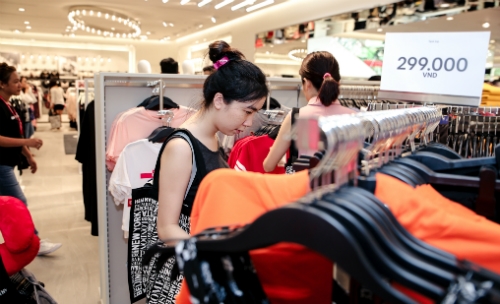
Vietnamese fashion brands wither away as designs remain stagnant
The appearance of foreign fast-fashion brands in Vietnam has dealt a strong blow to Vietnamese brands.
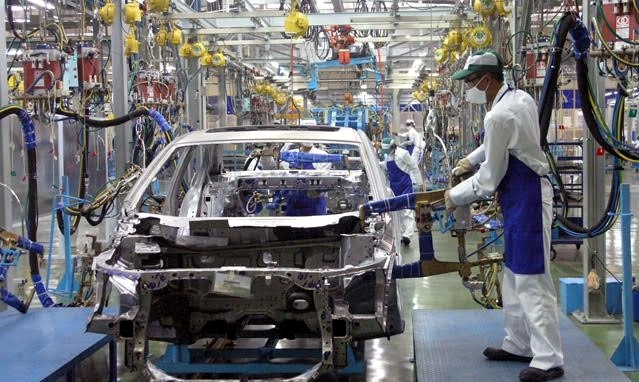
Imports, domestically-assembled cars in battle for market share
Imported CBU (completely built unit) cars are expected to flood Vietnam, as domestic automobile manufacturers prepare to launch new models.

Vietnamese CEOs at multinationals – who are they?
Years ago, only foreigners were appointed by multinationals to key posts at their branch offices in Vietnam. But that has changed.

Dirty money: banks urged to report suspicious transactions
Banks and payment gateways are now the most effective way for hi-tech criminals to transfer dirty money and conduct illegal actions.
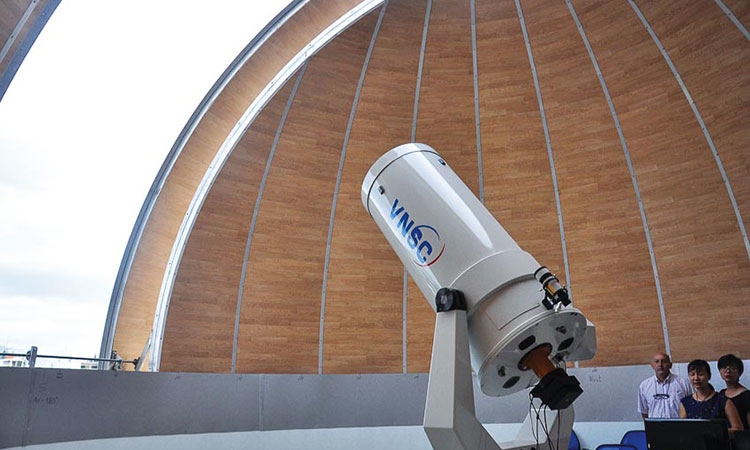
Astrotourism activities kick off at observatory in Khanh Hoa
Travel firms are thinking of developing astrotourism activities to attract domestic and foreign travelers.

Big investors jump into growing poultry market
Hundreds of poultry farming companies provide meat and eggs, and tens of thousands of household-run farms are operating throughout the country. However, no powerful company has yet to lead the market.
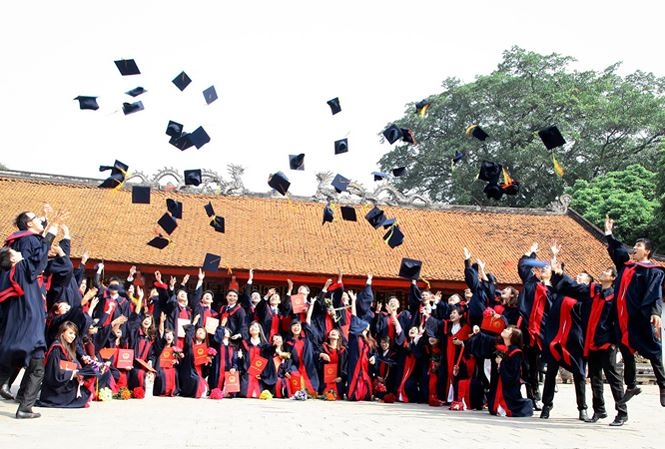
Young people find it difficult to start businesses in Vietnam
Encouraged and supported by the government and local authorities, the startup movement in Hanoi has not developed well despite numerous business ideas.
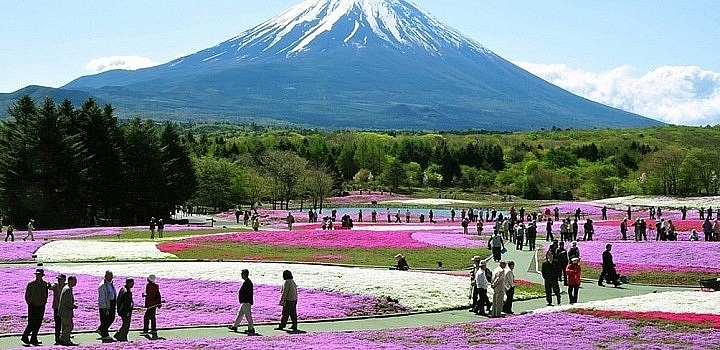
Vietnamese spend big money on shopping during overseas trips
Reports have found that the amount of money Vietnamese travelers spend on shopping overseas is higher than the fees of their tour packages.
